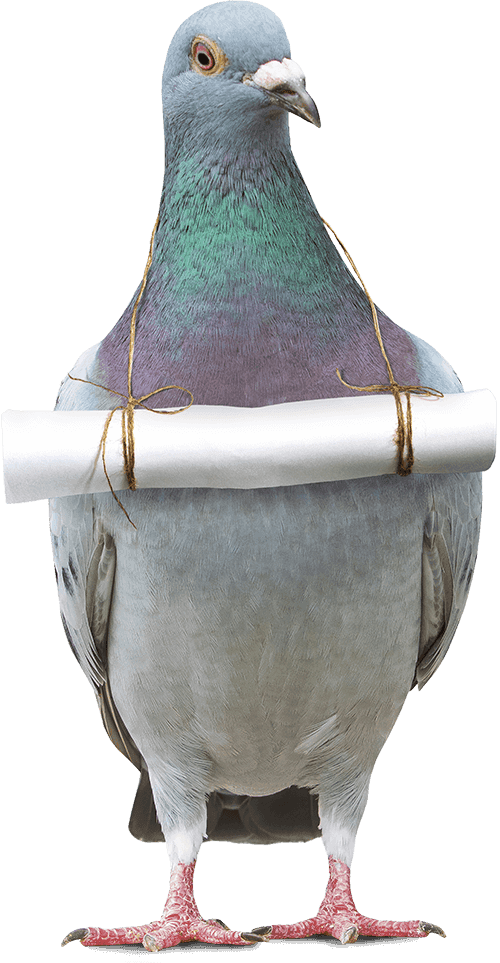Alpha Baboons: The High Cost of Dominance

A new study has revealed that alpha male baboons live under intense stress, contradicting the popular notion that leading is all about power and prestige.
The research, conducted over 14 years on 204 male baboons in Kenya, found that the dominant males had significantly higher levels of stress hormones, known as glucocorticoids. These hormone levels were even found to be higher than those of lower-ranking males who engaged in fights with other baboons.
However, what surprised scientists was that the alpha males' stress did not come from fighting rivals but rather from guarding their mates. The constant vigilance required to prevent other males from mating with their females took a toll on both physical and mental health.
"It's essentially staking a claim; preventing other males from gaining access," said Professor Susan Alberts of Duke University.
The study revealed that alpha males devoted most of their time to guarding their mates, interrupting potential meals, and abandoning food sources. This has shown that being an alpha male comes with energy costs, unlike lower-ranking males who can focus on feeding and resting.
The findings also suggest that the constant stress had long-lasting effects on the baboons' lives. Previous research found that top-ranking males aged faster and had shorter lifespans than their lower-ranking counterparts.
"What we're seeing is a perfect storm of chronic stress, with constant guarding leading to poor diet and physical exhaustion," said senior scientist Laurence Gesquiere at Duke University.
While baboon society is vastly different from human society, the study highlights an important lesson for humans: leadership comes with challenges, and constant stress can have lasting consequences on well-being.
For dominant male baboons, the cost of being on top is clear. Stress has long-term consequences that could be applied to understanding human success, highlighting the importance of work-life balance in maintaining mental and physical health.
The study's findings were published in the journal Proceedings of the Royal Society B, providing new insights into the complex dynamics of social hierarchy in baboon troops.
